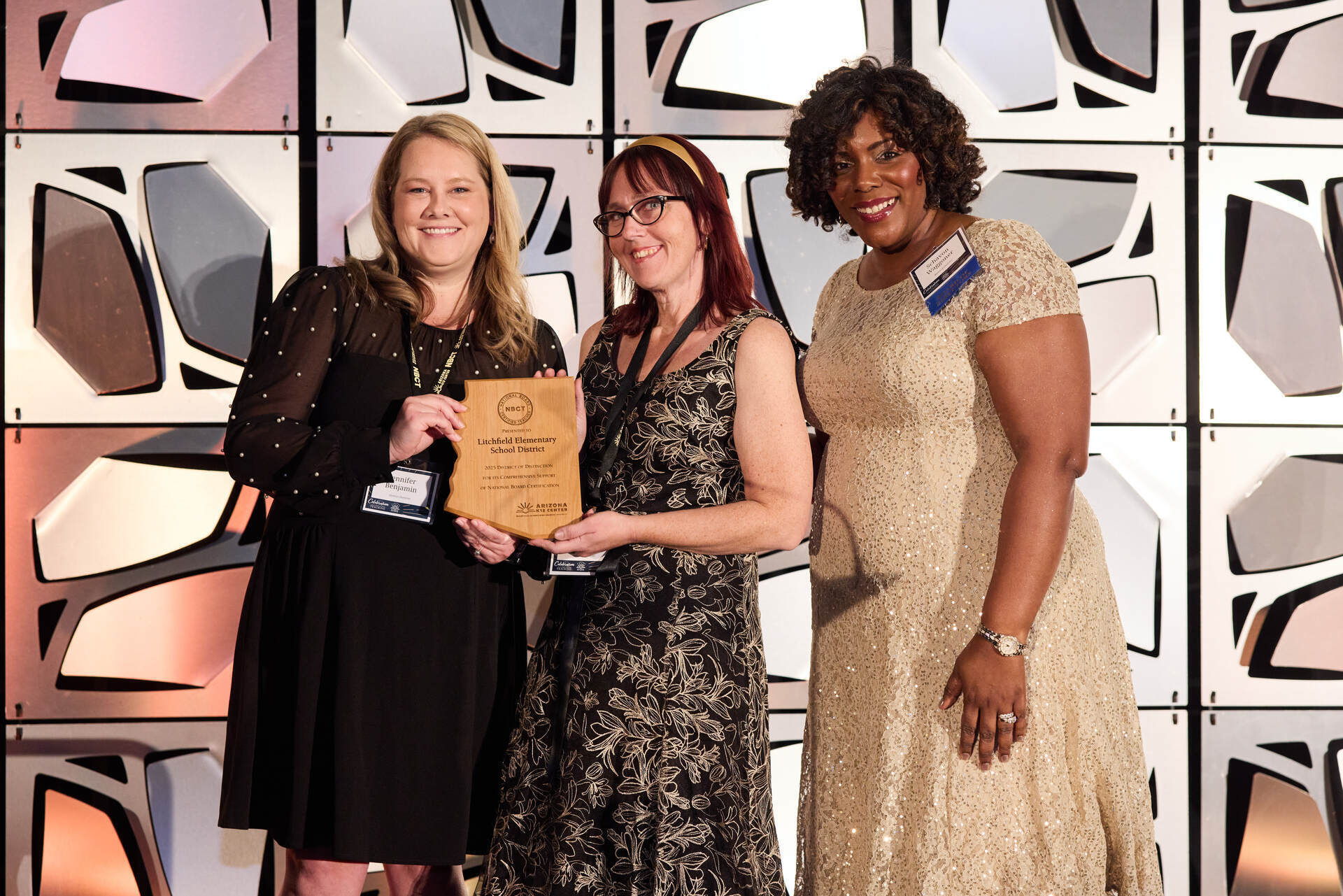November 15, 2017
5 Ways to Charm Your PLC
Teachers share their secrets for being a great meeting participant.
Most new teachers feel the same pressure when it comes to meetings.
There is so much to do outside the meeting: lessons to plan, parents to contact, papers to grade. And what would a new teacher have to contribute with so many experts around?
But there is a better to approach this key part of your career. Remember, everyone needs to network with and learn from peers — not to mention share information from their own experiences.
Whether the meeting is your team’s regular professional learning community (PLC) get-together, a staff meeting, or a special committee your principal has invited you to serve on, it’s important to arrive with a professional attitude.
Moira Turner, Kyrene School District’s professional development coordinator, shares these tips for being a solid meeting participant:
- Put Away Your Phone
“Be present and engaged,” Turner says. “We all are overwhelmed by everyday responsibilities and try multi-task. Humans can shift their focus from task to task, but aren’t fully engaged in learning or participating when doing so. Put the technology away.”
- Ask Questions
“Whether it’s clarifying or following up, it helps the instructor or facilitator know if he or she needs to adjust instruction or meeting content,” Turner says.
- Keep an Open Mind
“Be willing to learn,” Turner says. “You may change your viewpoint and learn something new.”
- Focus on Problem Solving
Before Jason Blackstock joined the Tempe Elementary School District, he worked in the nonprofit world. The media arts teacher at Ward Traditional Academy reminds teachers that meetings in the education field typically are more focused and solution-oriented than those of many other professions.He suggests that new teachers take care not to bog down discussions with trivia and take cues from their school’s seasoned leaders to know when it is decision making time.“There needs to be a balance between time to talk and time to make decisions,” he says.
- Don’t Forget the Small Stuff
This one is easy. Keep in mind that volunteering for the work no one else wants to do on the committee — like taking minutes or making coffee — is a good way to endear yourself to your colleagues.











